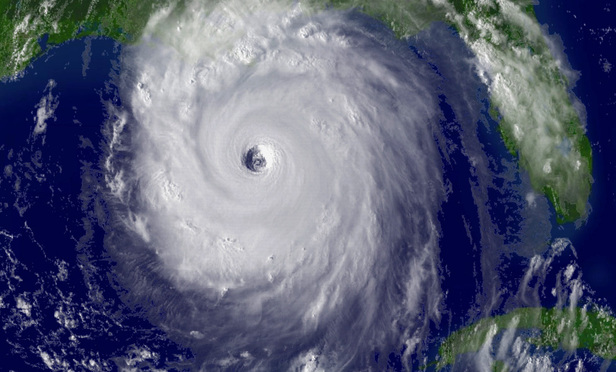It’s only the beginning of summer, and already there’s been some rough weather in Texas and New Jersey, with hurricanes and flooding and power outages and plenty of damage. With more time left in hurricane season and more impactful weather likely on the way, employers need to know how to weather the payroll storms that come along with the meteorological ones.
Steve Shardonofsky and Ashley Hymel of Seyfarth Shaw have some tips on how to pay workers for lost time during the bad weather and the ensuing cleanup:
- Exempt Employees: If the employee has exempt status, his or her pay cannot be deducted if the office is closed due to inclement weather. But there are circumstances in which employers can require the person to take vacation time of paid time off. If the office is open and the employee decides to stay home, pay can be deducted from a salary; but if the person works any portion of the day, the employer must pay him or her for a full day’s work, including for work performed remotely.
- Nonexempt Employees: If the employee is nonexempt, he or she only has to be paid for hours worked. “But not all situations are as clear-cut,” say Shardonofsky and Hymel. If the person is held up in traffic and taking work-related phone calls, he or she needs to be paid. Or if the employee gets stranded in a company vehicle during the storm and is told to stay put, a court could decide that all time spent stuck was compensable. If in doubt, the authors suggest paying out, as the cost of defending a claim is likely heftier than paying the amount owed.
- Volunteering: If a business gets wrecked during a storm, exempt employees do not need to be paid for any time spent volunteering during the cleanup. However, if they spend too much time on manual tasks, their exempt status could be compromised, opening up overtime claims, say the authors. Nonexempt employees must be paid, even if they offer to volunteer, with the exception of government employees or nonprofit agency employees who are volunteering out of “public spiritedness,” note Shardonofsky and Hymel.






